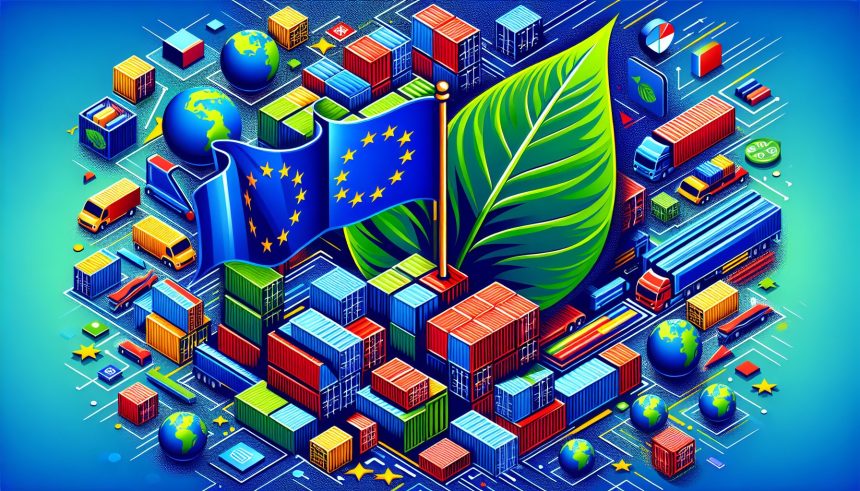The European Union recently passed its contentious supply chain oversight regulations, aimed at promoting sustainable and inclusive international trade practices, in spite of significant opposition. These regulations impose higher transparency and stricter adherence to human rights and environmental protections, marking a momentous shift in the EU’s approach to global trade.
The newly passed rules hold companies accountable for any infractions of environmental standards and human rights within their operations. This is viewed as a crucial step towards corporate responsibility, strongly emphasizing the need for businesses to ensure their practices align with legal and ethical standards. The approval of these regulations essentially reiterates the significance of corporate accountability in today’s age.
The passage of these regulations was marked by political maneuvering, with the Belgian Council Presidency playing a crucial role in fending off initial resistance. To gain wider acceptance, several important modifications were made to the original proposal like setting higher thresholds for affected companies’ size and revenue and negating the emphasis on high-risk sectors. These alterations aimed for a balance between regulation and potential business impact.
However, the scaling back of the regulations was met with criticism, as they now encompass fewer companies and deviate from their initial environmental impact management objective. Yet others argue these modifications secure economic growth while emphasizing the environmental impact, fostering a sustainable development approach by lessening the burden on smaller firms. Widespread belief holds that these changes could potentially risk environmental degradation, reflecting a divergence of opinions.
Despite criticisms, the revised regulations received support from previously opposed countries such as Italy and France, while others, including Germany, abstained from voting, indicating possible acceptance in the near future. The new regulations—first proposed in February 2022—went through extensive discussions over nearly two years before finally being accepted and ratified.
The legislation has stirred debate, with some raising concerns it may impact Europe’s competitive edge and potential supply security. However, supporters argue it is essential for maintaining economic stability and sustainability, pointing out that proper regulation can enhance competitiveness by ensuring a fair business environment. The actual efficacy and impact of these regulations, however, will only fully come to light over time, given the constantly changing global economic landscape.







